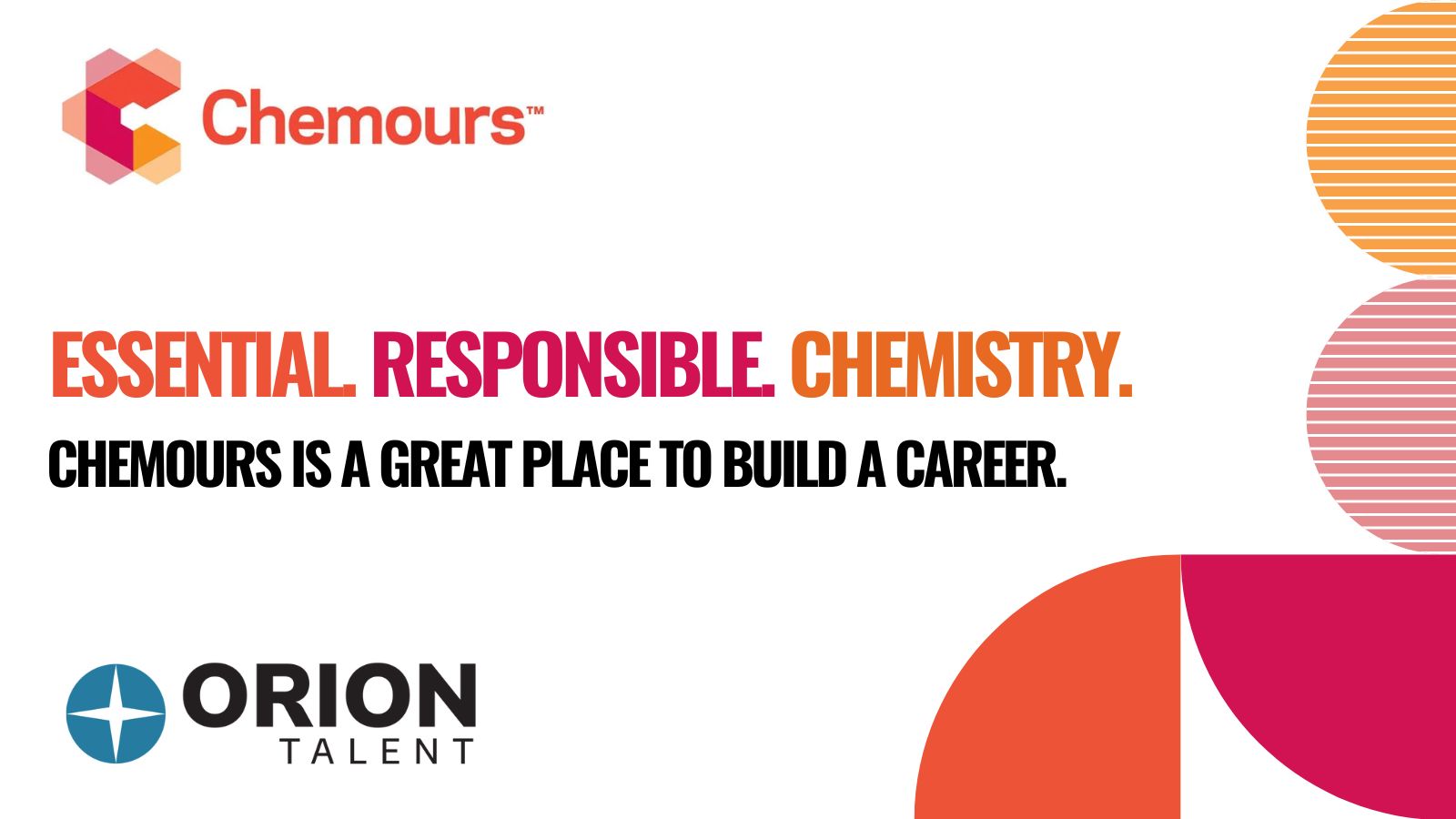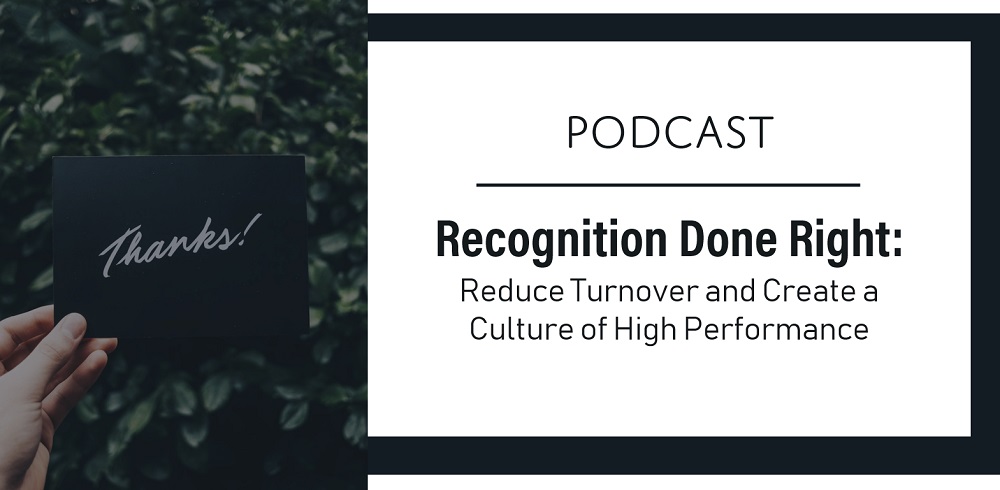
Take a look around your office. Are your employees happy to be there? Are they engaged in their work? Would it surprise you to learn that 70% are not? According to a Gallup poll, less than 1 in 3 American workers are engaged, costing the nation $450 billion to $550 billion per year in lost productivity.
We recently interviewed Mike Farrell, Business Development Director at BI Worldwide for a podcast titled “Recognition Done Right: Reduce Turnover and Create a Culture of High Performance.” BI Worldwide partners with businesses to engage employees, develop incentives and increase customer loyalty. In the podcast, Mike discusses the role of behavioral economics, employee value propositions, and the rewards efficacy continuum in keeping employees engaged.
Behavioral Economics
Behavioral Economics refers to the effect that psychological, social, and emotional factors often have on our decision making process. “More than ¾ of the time people use the part of their brain responsible for emotions, creativity, art, and irrational behavior to make decisions,” Mike says. “In fact, we only use the part of the brain responsible for math, reason, and logic to make decisions about ¼ of the time,” he adds. Employers must leverage Behavioral Economics in order to recognize and reward positive behaviors in a way that resonates with employees and builds loyalty.
Employee Value Proposition
An Employee Value Proposition (EVP) should represent everything of value that you offer to an employee, from pay and benefits to training and career development. “A great EVP will attract, retain and engage your employees from their first day, every day, to include service anniversaries, and finally to a day when they may refer someone else to come work at the company—as a senior employee or as a retiree,” says Mike.
Rewards Efficacy Continuum
In the land of employee rewards, cash isn’t necessarily king. Behavioral economics has proven that there are many other ways to reward employees that actually rank higher than money. Mike explains, “When you reward employees with cash, the majority of the time they will spend it on everyday necessities. They may intend to save up for travel/luxury goods, but life gets in the way.”
Efficacy refers to the ability something has to produce a desired result. BI Worldwide’s research led them to create an efficacy continuum, which ranges from cash (low efficacy) to experiences (high efficacy). “Cash rewards work, but they are expensive and do not work as well as luxury merchandise or travel experiences, which are at the top of the spectrum,” adds Mike.
LISTEN TO THE PODCAST: Recognition Done Right: Reduce Turnover and Create a Culture of High Performance
Archives
- October 2024
- May 2024
- March 2024
- February 2024
- January 2024
- December 2023
- November 2023
- October 2023
- September 2023
- August 2023
- July 2023
- June 2023
- May 2023
- April 2023
- March 2023
- February 2023
- January 2023
- December 2022
- November 2022
- October 2022
- September 2022
- August 2022
- July 2022
- June 2022
- May 2022
- April 2022
- March 2022
- February 2022
- January 2022
- December 2021
- November 2021
- October 2021
- September 2021
- August 2021
- July 2021
- June 2021
- May 2021
- April 2021
- March 2021
- February 2021
- January 2021
- December 2020
- November 2020
- October 2020
- September 2020
- August 2020
- July 2020
- June 2020
- May 2020
- April 2020
- March 2020
- February 2020
- January 2020
- December 2019
- November 2019
- October 2019
- September 2019
- August 2019
- July 2019
- June 2019
- May 2019
- April 2019
- March 2019
- February 2019
- January 2019
- December 2018
- November 2018
- October 2018
- September 2018
- August 2018
- July 2018
- June 2018
- May 2018
- April 2018
- March 2018
- February 2018
- January 2018
- December 2017
- November 2017
- October 2017
- September 2017
- August 2017
- July 2017
- June 2017
- May 2017
- March 2017
- February 2017
- January 2017
 RSS Feed
RSS Feed
Subscribe to Orion's Blog
Featured Blogs
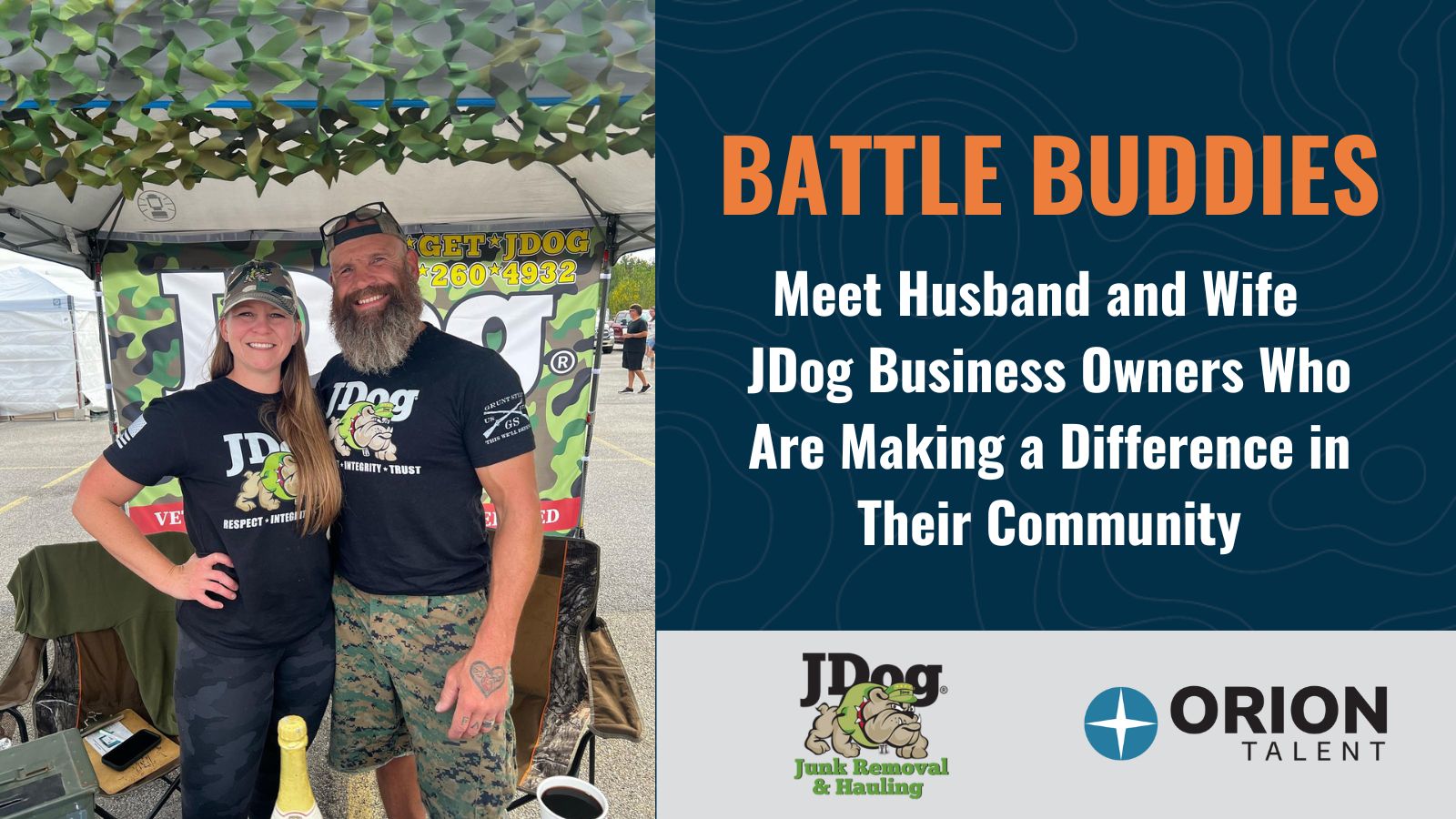


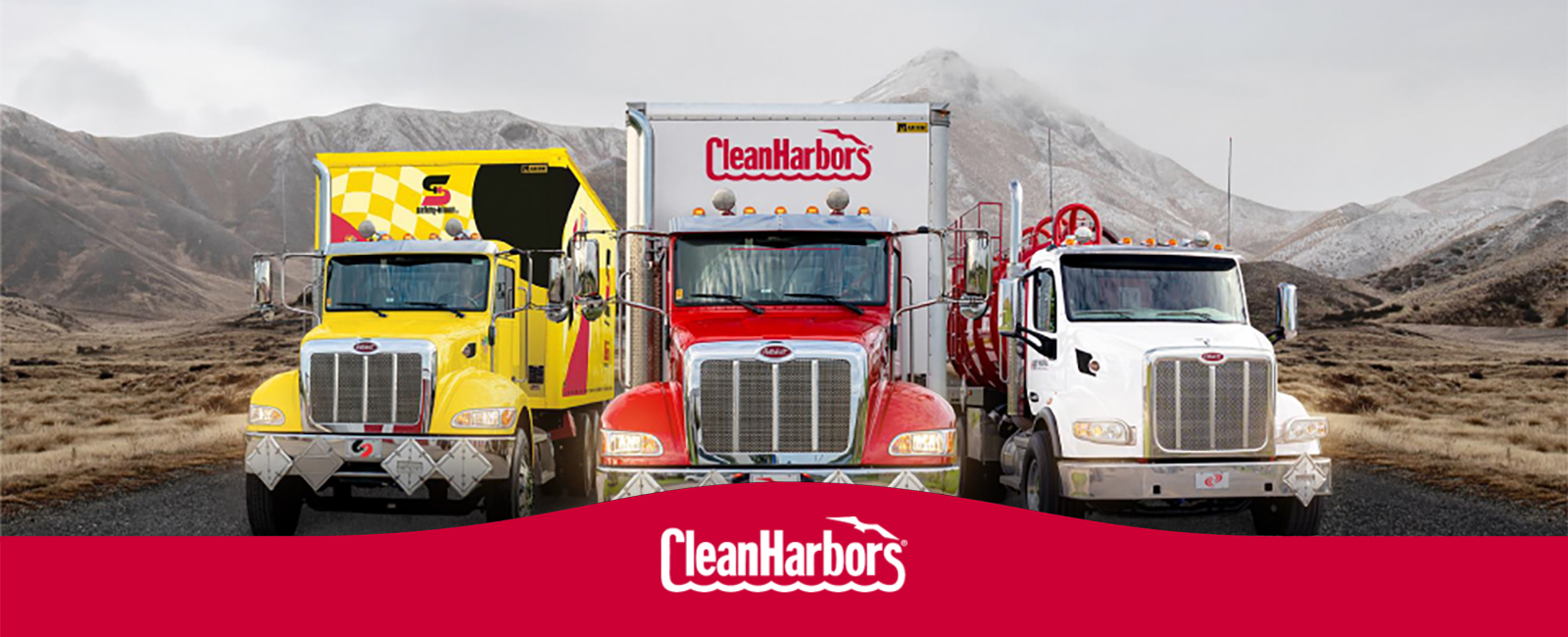
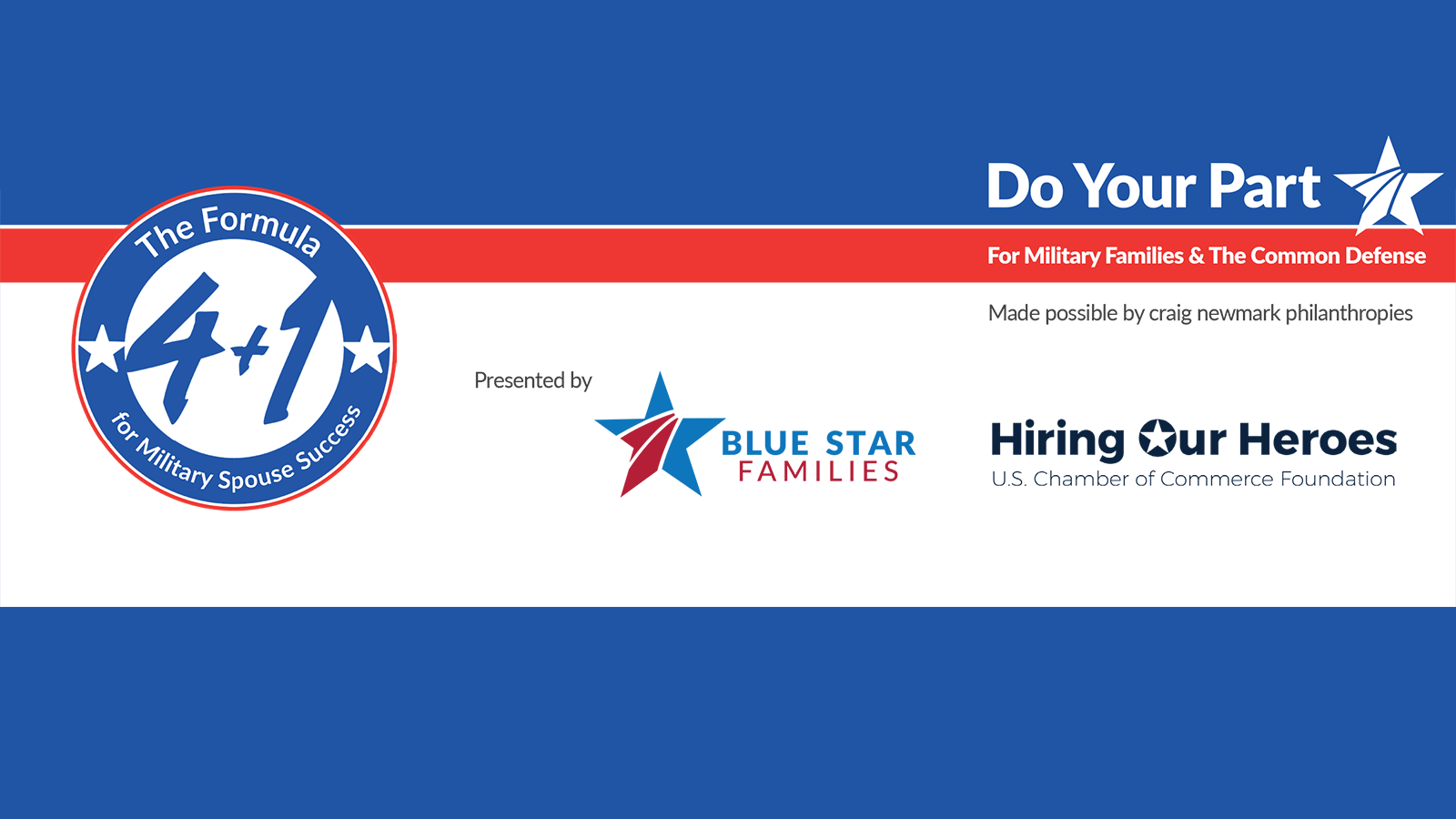
.jpg)
